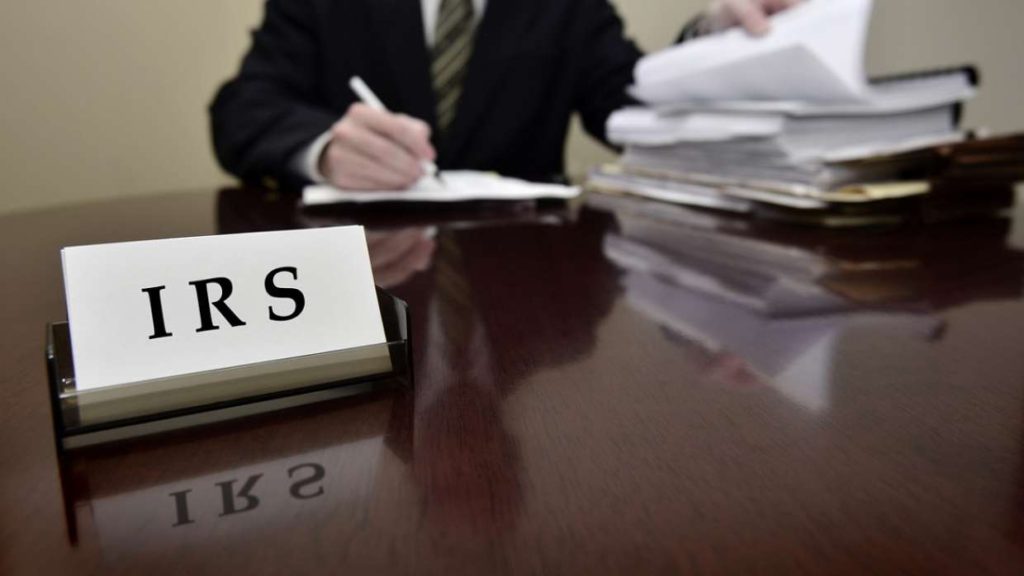How to Maximize Your Home Office Deductions


I often receive queries from freelancers, consultants and other kinds of self-employed individuals who use their homes to run their businesses and ask how to take maximum advantage of the IRS’s complex rules for deducting home-office expenses. In particular, they want to know which write-offs are okay and which aren’t.
What follows in this first of three columns is my advice to a former employee of a major corporation who became her own boss, someone I’ll call Abigail.
Like lots of other outfits disrupted and damaged by Covid-19, Abigail’s struggled to survive the pandemic. Its Stepford-solution: cut costs, mostly by discharging her and many of her co-workers.
Like lots of her co-workers, Abigail was uncertain whether and when her employer would extend a post-pandemic invitation to return. Her solution: become a self-employed consultant and use some of her home to conduct business. At the outset of our conversation, I asked Abigail to compare old working days as an employee with new ones as a consultant.
A day in the life of employee Abigail: exasperating experiences like: daily commutes that became nightmares, worsened by sizable sums spent for gas, tolls and parking; executives ever eager to explain how an attractive woman like Abigail should dress and to hector her to remain enthusiastic throughout interminable office meetings; and constant distractions caused by annoying co-workers.
A day in the life of consultant Abigail: awaken; throw on a robe; and quickly commute to her work area, for zoom sessions with clients, some of whom just happen to be those execs who pestered her.
But the place that she characterizes as an office is a bare-bones nook that’s sparsely furnished—just a desk, a computer, a phone and several file cabinets. She wonders whether that sort of arrangement satisfies IRS requirements for a bona fide office?
I channel my inner Gary Cooper and answer “yup,” an inadequate answer for a newly-minted entrepreneur who asks whether IRS examiners will allow or disallow her home-office deductions.
I begin Abigail’s refresher course on the basics for home-office deductions with a reminder: IRS staffers know from decades of experience that lots of freelancers who are ineligible to claim any deductions do so anyway and exaggerate them. The courts repeatedly support IRS disallowances of write-offs for spaces supposedly set aside as home offices.
The IRS and the courts take their cues from Internal Revenue Code Section 280A. It allows someone like Abigail to claim office deductions only if she’s able to pass a trio of tests.
First: she uses a dedicated space in of her home exclusively for work in her business. Second: she does so on a regular basis. Third: that portion is her principal place of business.
When Abigail arranges things to pass the trio of tests, she transforms otherwise nondeductible personal expenditures—a portion of everything from home-insurance premiums to repairs to utility bills to depreciation if she owns her house or a percentage of her rent—into deductible business expenses. Stay tuned for lots more on how she does that in part three.
Employees and investors. Had Abigail stayed an employee, she’d have run afoul of the Tax Cuts and Jobs Act, legislation passed by Congress and signed by former president Trump at the close of 2017, which included a provision that ended home-office deductions for employees for the years 2018 through 2025.
The provision requires the IRS to disallow home-office deductions claimed by employees who receive paychecks or W-2 forms from employers. Too bad that those employers tell them to work remotely from their homes.
The IRS also disallows home-office deductions claimed by investor Abigail. Too bad that she regularly and exclusively uses part of her home to read financial publications and carry out similar activities related to her investments.
The only exception, cautions the IRS, is for someone whose investing activities qualify as a trade or business, a stipulation that few investors satisfy and one that’s consistently backed by the courts.
Stay with me for subsequent columns. They take deeper dives into the requirements that Abigail uses her office regularly and exclusively for business reasons and that it’s her principal place of business.

